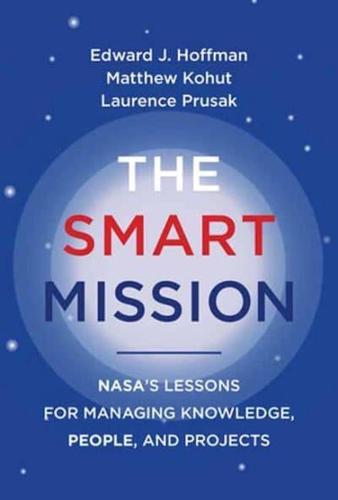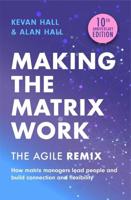Publisher's Synopsis
The project is the basic unit of work in many industries. Software applications, antiviral vaccines, launch-ready spacecraft: all were produced by a team and managed as a project. Project management emphasises control, processes, and tools-but, according to The Smart Mission, that is not the right way to run a project. Human skills and expertise, not technical tools, are what make projects successful. Projects run on knowledge. This paradigm-shifting book-by three project management experts, all of whom have decades of experience at NASA and elsewhere-challenges the conventional wisdom on project management, focusing on the human dimension: learning, collaboration, teaming, communication, and culture. The authors emphasise three themes: projects are fundamentally about how teams work and learn together to get things done; the local level-not an organization's upper levels-is where the action happens; and projects don't operate in a vacuum but exist within organisations that are responsible to stakeholders. Drawing on examples and case studies from NASA and other organisations, the authors identify three project models-micro, macro, and global-and their different knowledge needs. Successful organisations have a knowledge-based culture. Successful project management guides the interplay of knowledge, projects, and people.












